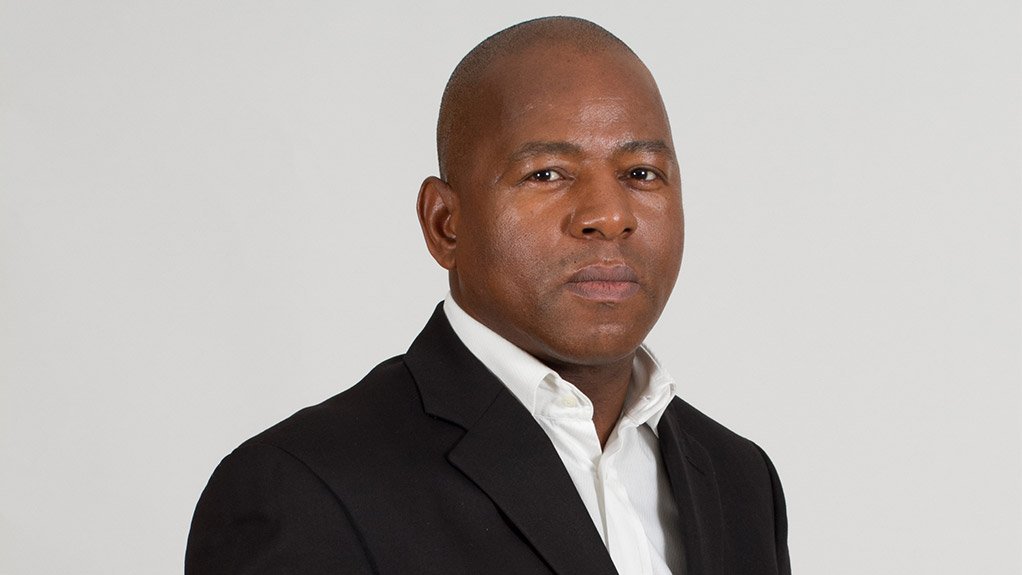The Steel and Engineering Industries Federation of Southern Africa (Seifsa) on Thursday said it was opposed to the introduction of any additional taxes on the business community.
This followed speculation that Finance Minister Nhlanhla Nene could possibly announce an increase in taxes when he delivers his budget speech next week, to tackle the R27-billion revenue shortfall expected in the next two years.
Seifsa CEO Kaizer Nyatsumba said the struggling South African business community – especially the companies in the metals and engineering sector – could not afford to pay any additional taxes to government.
“For a developing country struggling for investment, South Africa ranks among countries in the world with relatively high corporate taxes. Businesses in South Africa are already heavily taxed in the form of direct or company taxes, as well as a surfeit of indirect taxes,” he said.
The Finance Minister last year mooted the possibility of a tax hike and pointed out the need to consolidate the budget deficit amid weak revenue, owing to lower-than-expected economic growth.
“In South Africa, where economic growth is painfully slow and unemployment levels extremely high, the government would be extremely ill advised to worsen the country’s already bleeding economy by imposing additional taxes on business. As things stand right now, business is struggling, with a growing number of companies downsizing,” said Nyatsumba.
He highlighted that, compared with the other Brics countries, only India had a corporate tax rate higher than South Africa’s, owing to India’s larger population and competitive wages. India and South Africa’s corporate taxes are 33.99% and 28% respectively. Russia’s corporate tax is 20% and Brazil and China’s 25% each.
Nyatsumba suggested that the local economy be stimulated through measures including local procurement and government tax breaks to create more jobs.
He added that, to generate more revenue, government would have “to be extremely careful to avoid killing or even suffocating the goose that lays the golden egg,” which includes the middle class and high-income earners.
“In a country with a small tax-paying population, our preoccupation should be to grow the economy to create more employment and to see more people moving to the higher threshold of personal taxes, and not to punish higher-income earners by raising taxes.
“Government’s priority should be to ensure that every tax rand is used wisely, to the benefit of the country, and that it does not end up in the pockets of some selfish individuals through corruption,” Nyatsumba said.
Further, he acknowledged that, while it was implicit that government needed revenue, growing revenue could be achieved by ensuring that South Africa was viewed more favourably as a foreign direct investment destination and by ensuring that all tiers of government displayed great efficiencies, including State-owned companies.
Further, he suggested that, to raise funds, Treasury could increase the fuel levy and sin taxes, in addition to better management of public finances.
EMAIL THIS ARTICLE SAVE THIS ARTICLE
To subscribe email subscriptions@creamermedia.co.za or click here
To advertise email advertising@creamermedia.co.za or click here











